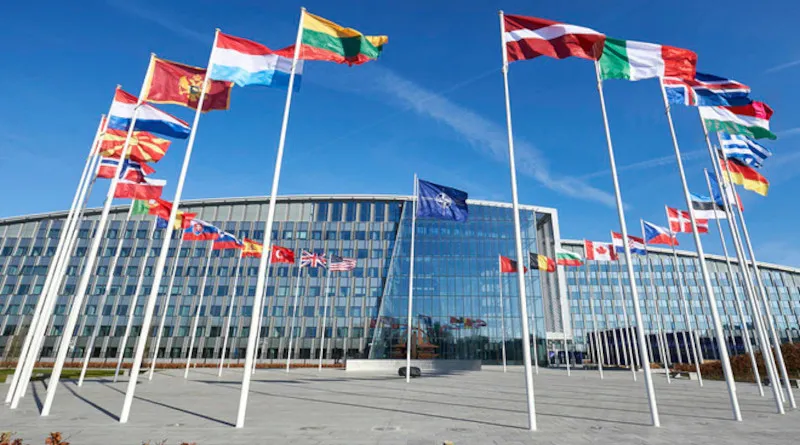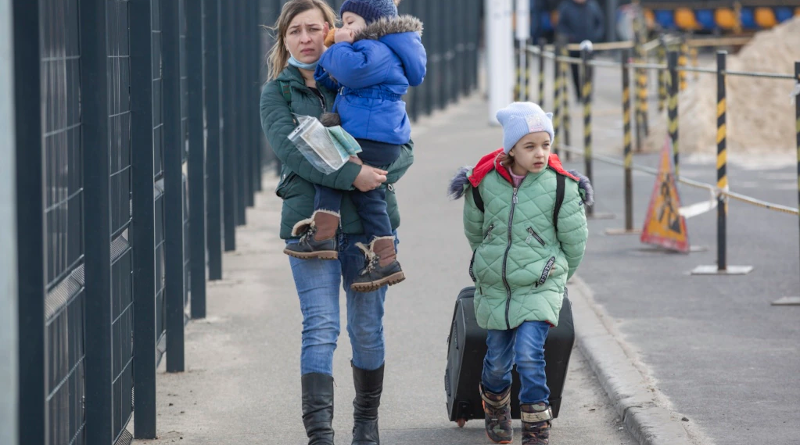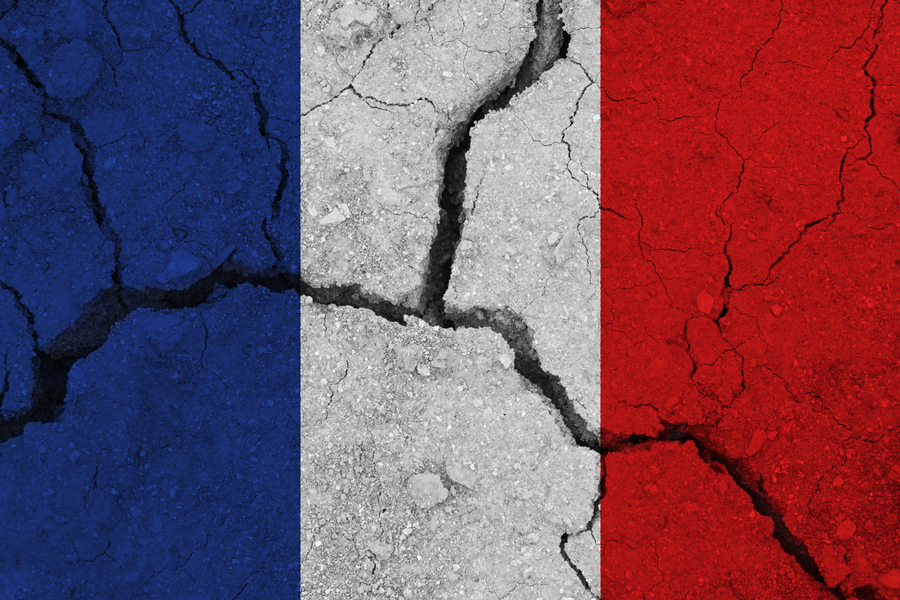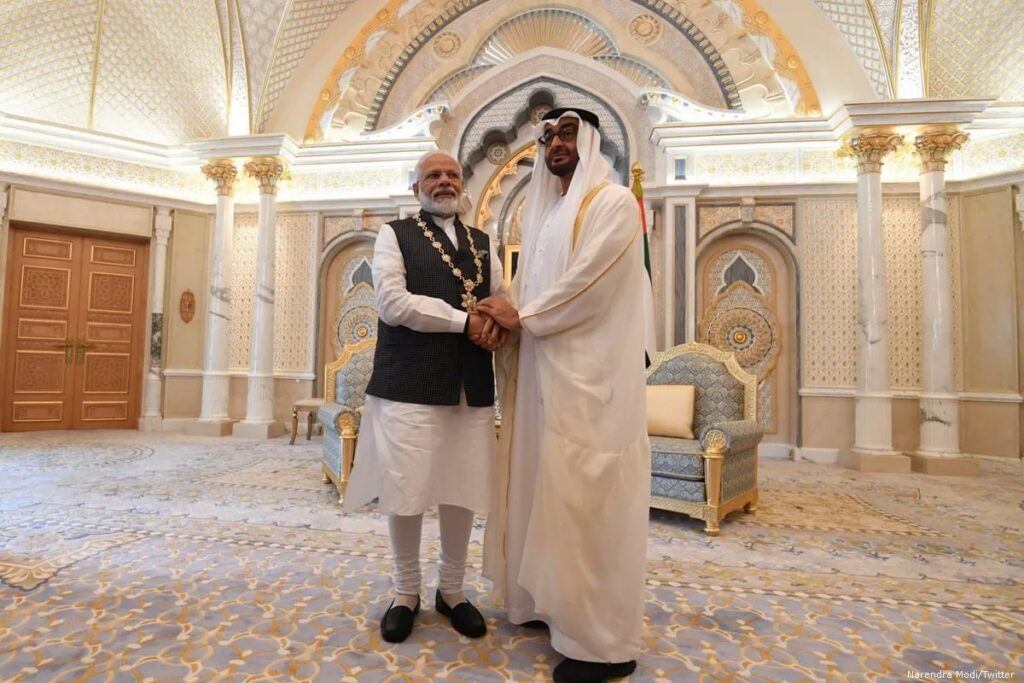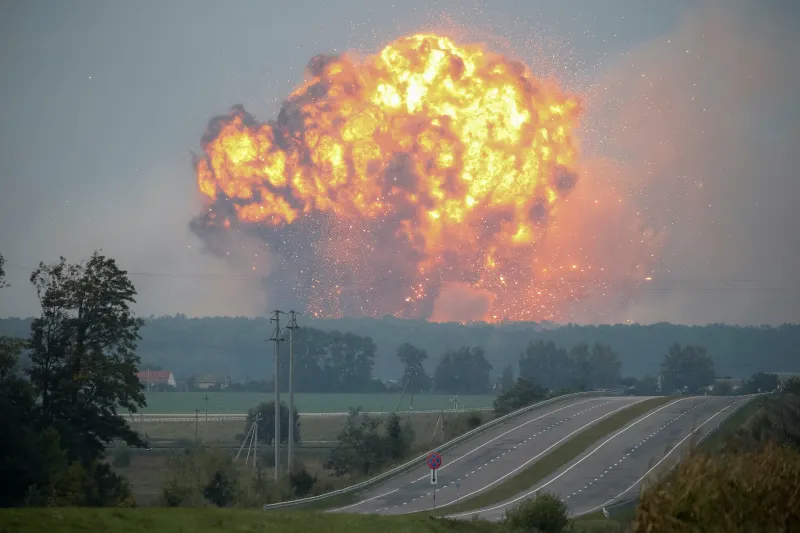Ukraine: The Victim Of Western Alliances
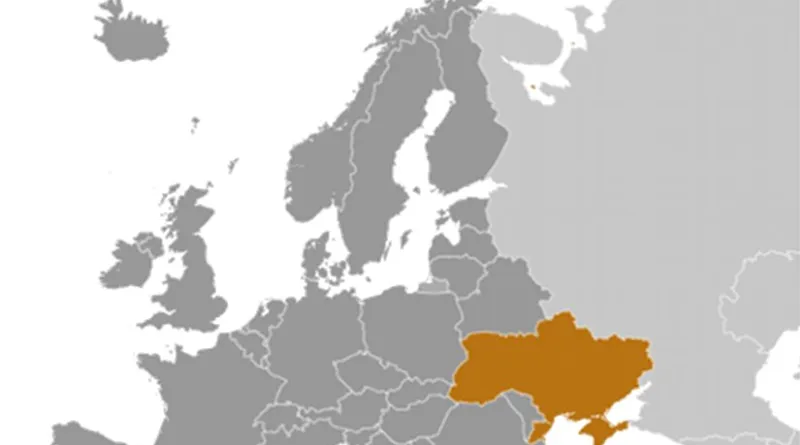
The Ukraine crisis, similar to Brexit, is a vivid demonstration of the shaky nature of unions and alliances in Europe. This is not good news for the United States as it is determined to concentrate domestically and curb the rise of China. Putin’s determination to attack Ukraine also lies in the fact that NATO has no real intention of letting Ukraine join the alliance or waging war with Russia. In fact, NATO cannot fight Russia even if it wants to. The forces of the United States in Europe are not enough at all for this purpose, the same is true of the forces of Britain and France. Despite all the warnings about the Russian threat, why have no serious efforts been made or are being made by European troops to deter Russia and most NATO countries have always refused to increase their military spending to 2% of GDP? In short, because NATO is not going to fight Russia over Ukraine.


